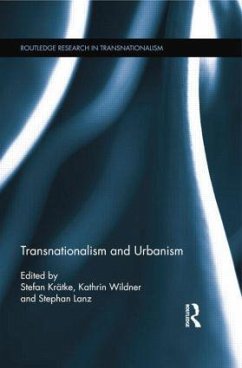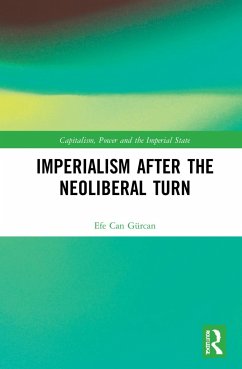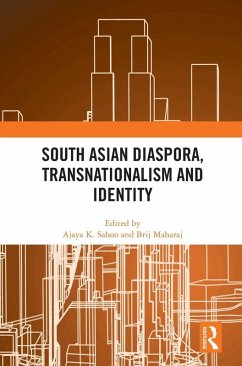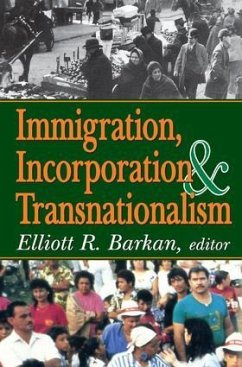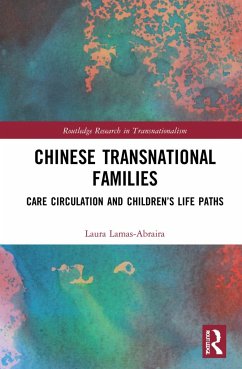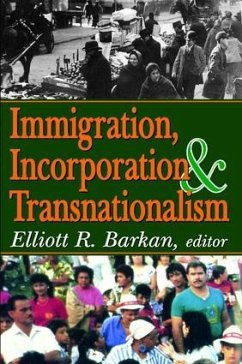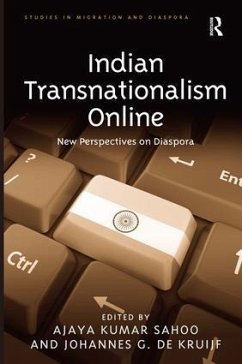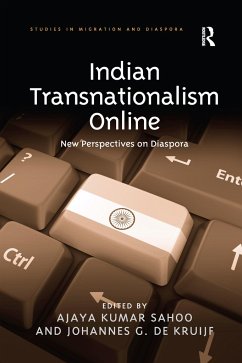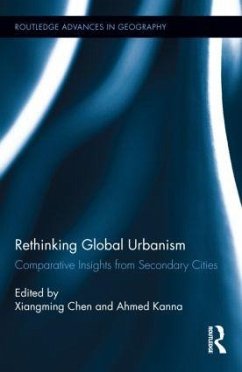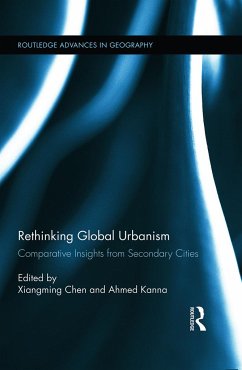
Transnationalism and Urbanism

PAYBACK Punkte
88 °P sammeln!
This volume gathers a global array of scholars from a range of disciplines - geography, ethnography, urban planning - to explore theoretical and methodological approaches to to the relation between transnationalism (both as a concept and an empirical reality) and the production of urban spaces.





